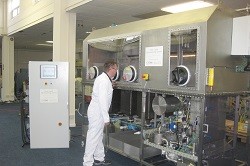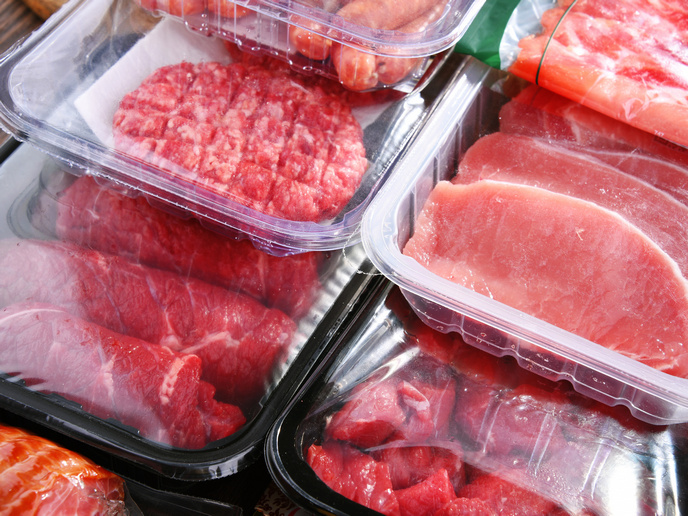Coatings for car and plane parts also to be available in green
Conventional techniques for coating automotive and aeronautic engineered metallic components, such as pack cementation and Chromium VI electroplating, are often inefficient and detrimental to the environment. Both use powders, activators and acids which can be toxic, resulting in harmful waste products that have to be specially treated. Additionally, they are energy intensive, requiring high temperatures alongside two heat treatments to achieve the necessary aluminide coating microstructure. It has long been known scientifically that electrodeposition of aluminium (Al) from ionic liquids (ILs) onto substrates offers promise to improve this process due to the unique nature of the compounds (stable against oxidation and reduction, high metallic salts solubility, low vapour pressure, negligible hydrogen embrittlement, easy recovery of precipitated metals and low toxicity). However, the challenges associated with using closed systems filled with inert gas for the electrodeposition process - as electrolytes do not work under moisture containing atmosphere – presented a major barrier to ever enabling this at the industrial scale. The EU-funded SCAILUP project has succeeded in designing, developing and validating a 200 litre industrial scale pilot plant that was able to electroplate Al on current 3D polymeric (ABS) and metal (nickel alloys) industrial prototype parts using ILs. Novel aesthetic and resistant components Building on knowledge from previous projects, SCAIL-UP was able to modify process conditions for the upscaling of Al electrodeposition through ILs, proceeding along two paths. As the project coordinator Dr Mónica Solay explains, ‘Process standardisation is a key factor for industrialisation and so we set out to achieve process validation and some preliminary standardisation tasks with real aeronautic and automotive prototypes.’ Firstly, focussing on the automotive sector, the team developed a plastic base (polymeric substrates), part metalised with an Al aesthetic. The base’s multilayer structure confers advantages to its surface, especially high corrosion resistance. Additionally, the vehicle’s energy needs are reduced due its lighter weight. The process also allows the substitution of hazardous processes, such as nickel and chrome electroplating. Secondly, concentrating on aeronautic applications, particularly high performance gas turbine blades and vanes, the team set out to develop a new aluminising technology, which diffused the Al through a double step process consisting of initial electrodeposition utilising ILs followed by a vacuum heat treatment process, resulting in an intermetallic material (nickel aluminide). This resulted in the diffused Al surface plating protected from corrosion and oxidation at high temperatures. The project was also able to explore additional characteristics such as wear resistance and lubricity. After attending to critical concerns such as moisture protection, corrosion of ILs, automation control, etc. the process was adapted to industrial conditions, with the pilot line then designed and built. Offering EU factories a competitive, and green, edge By providing an alternative to hexavalent chromium coatings, SCAIL-UP contributes directly to European environmental objectives. As Dr Mónica Solay elaborates, ‘According to the European Environmental Bureau, high-tech metals are one of the target key sectors that must be included in the next Environmental Action Programme for achieving European growth objectives in the near future. This project will give the automotive and aeronautic sectors the opportunity to choose high quality green products not possible until now, while also promoting societal awareness about the EU’s environmental agenda.’ In the short term the technology development, especially for aeronautic applications, will continue to undergo pilot plant trials to refine the process. With enough customer interest the technology would be commercially exploited through in-house pilot plants as soon as it is ready and optimised. Later if the technology gains traction it is envisaged that an industrial scale plant, capable of handling higher volumes, would be established.
Keywords
SCAIL-UP, automotive, aeronautic, coatings, green manufacturing, electrodeposition, aluminium, ionic liquids, components







